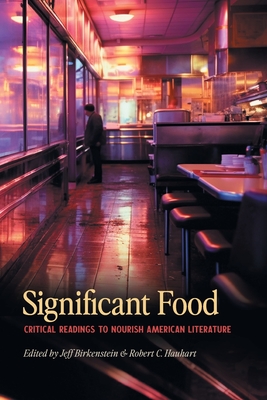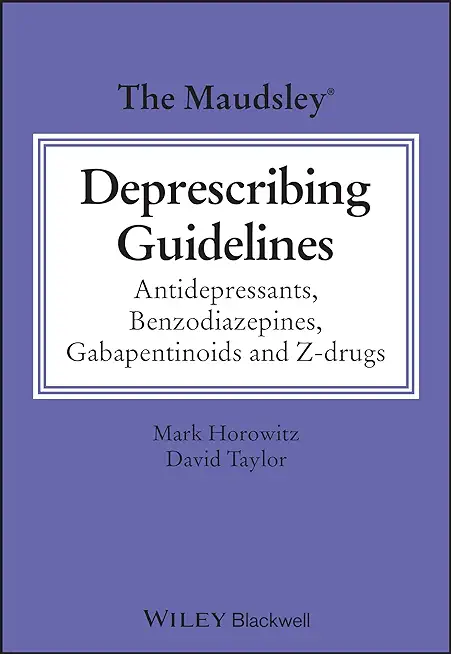
Birkenstein, Jeff
product information
description
aborative work of textual analysis and criticism that chews on the role and prominence of food in American literature. The volume offers close readings of many well-known, and some less well-known, examples of American writing, as studied through the food culture sensibilities of a well-stocked cupboard of contributors who offer their analyses for public consumption. Editors Jeff Birkenstein and Robert C. Hauhart find that literary criticism has focused on the role food plays in literary production to a greater extent than recognized at first glance and that its role has become increasingly common only in the last two decades. Still, while there is critical commentary regarding authors' use of food across the expanse of American literature, there has been a lack of a unifying critical theories to guide these analyses. Birkenstein and Hauhart offer the theory of "significant food"--a method that asks literary critics to evaluate and assess the extent, nature, and role that food plays in literary production. When food and "food moments" are used intensively and "significantly" within the drama, memoir, poem, novel, short story, or other writing, then one can say that it has achieved a status that makes it indispensable to the work at hand.
member goods
No member items were found under this heading.
Return Policy
All sales are final
Shipping
No special shipping considerations available.
Shipping fees determined at checkout.







